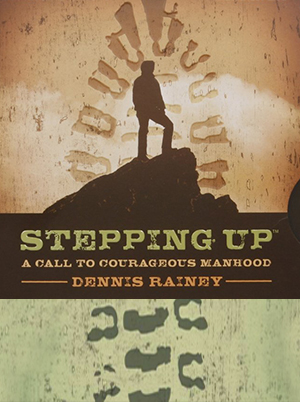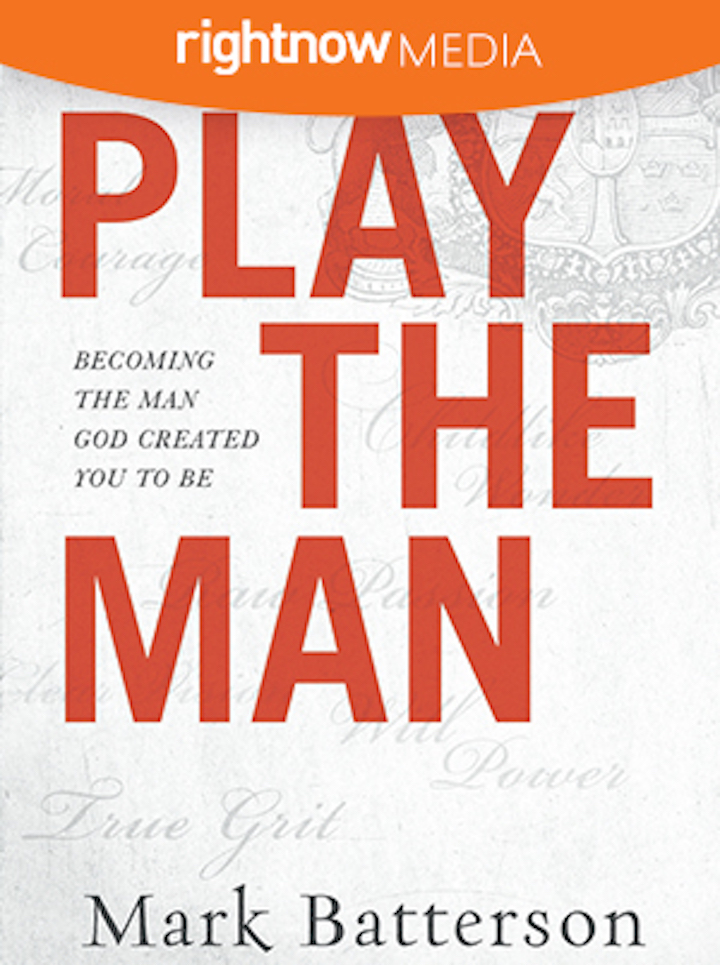
At RightNow Media, our goal is to provide churches and their members with access to a library curated with the latest teaching for men’s Bible studies from popular teachers, including series like Not a Fan by Kyle Idleman and 33 The Series from Authentic Manhood. Below are five video Bible studies that are perfect for your men’s group—and if you're looking for more ways to deepen your faith as a man of God, check out our men's Bible study roadmap and follow along throughout the year.

God has created men to have an incredible strength. But today’s culture has hijacked masculinity, distorting strength into passivity and abuse. In this five-part video Bible study, Joby Martin, pastor of The Church of Eleven22, invites men to embrace God’s definition of masculinity and step into his calling upon their lives.

Unpack what biblical manhood looks like and what it means to be a godly, courageous man in today’s world in this men’s video Bible series. Featuring teaching from Matt Chandler, Voddie Baucham, Tony Dungy and more, viewers will dig deeper into what it means to step up and live a courageous life.

Most of us have been on the receiving end of rejection, a broken dream, or heartbreak. And while this is not an easy space to go through, when we are grounded in the truth, we can endure the tough times. In this powerful series, Heisman Trophy winner Tim Tebow passionately shares glimpses of his journey and what he’s learned along the way, building confidence in his identity in God, not the world.

Daily it’s getting more challenging to be a man. Our present culture is redefining manhood and confusing men in their pursuit of biblical manhood. Discover how to respond to today’s culture by rejecting passivity and investing in the eternal purpose found in Jesus. Let others see masculinity and manhood through the lens of Christ in your life with these seven characteristics and become a better man, husband, father, and leader.

In the church today, many men find themselves confused about what it actually means to be a man. Our culture does little to help. The result is a generation of men who struggle to embrace their responsibilities, roles, and the purpose for which God created them. In this series, Mark Batterson highlights seven virtues of manhood to offer clear insight into what it means to be a faithful man of God.
If you’re a decision-maker at your organization, request a free consultation to find out how RightNow Media can equip and inspire your people.
Not a decision-maker?
Tell your pastor about RightNow Media instead.
